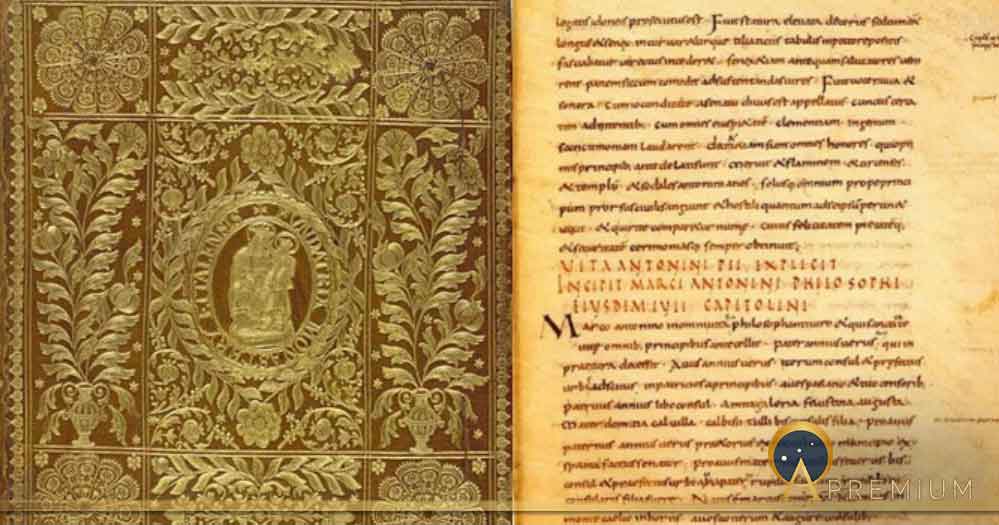History or Hoax: Dissecting the Intriguing Historia Augusta
The Historia Augusta stands as a paradox within the annals of Roman historiography, a perplexing blend of fact and fiction, offering both insights into the imperial era and challenges to historical accuracy. Now believed to have been composed in the 4th century AD, this collection of biographies chronicles the lives of Roman emperors and usurpers from Hadrian to Carinus, yet its authorship remains shrouded in mystery. Despite its dubious reliability, the Historia Augusta provides a fascinating glimpse into the political intrigues, cultural dynamics, and literary conventions of its time. But can the line between truth and fiction be established?
The Mysteries of the Historia Augusta: The Biographies
When explaining what the Historia Augusta is, it’s important to try and separate what the text claims to be and what it probably is, because these two things are pretty different. Let’s start with what it claims to be.
The text is written in Latin and appears to be a late Roman collection of biographies that covers the Roman emperors, their colleagues, heirs, and usurpers from 117 to 284 AD. It contains thirty biographies, most of which just cover the life of a single emperor, while others cover the lives of two or more grouped by period.
Supposedly, it was written during the reigns of Diocletian and Constantine I. It also appears to be modeled after the remarkably similar but much more reliable work of Suetonius, The Twelve Caesars.
If all this was true, it would make the text one of the most valuable ancient sources of information on ancient Rome ever discovered. Unfortunately, ever since the German historian Hermann Dessau rejected the text’s date in 1889, pretty much everything else about the text has been picked apart. Not only are the sources it cites dubious at best, but the official documents it contains seem to be fake, and much of the history it recites appears to be complete fiction.
By the early 21st century, it was widely accepted that one author produced the text, not six, and was more likely written in the late 4th or early 5th century. The author was probably more interested in blending contemporary issues like politics, religion, and social problems into the lives of the ancient emperors than he was in telling an accurate history.
This doesn’t mean the document is without merit, however. Historians are unwilling to give up on the Historia Augusta completely and it is constantly being re-evaluated for what it does appear to get right.
This is a preview of a Premium article. Read the rest and uncover more secrets of the ancient world with Ancient Origins Premium. Join today for exclusive articles, videos, eBooks, an ad-free experience, and more. Unlock your journey back in time now!
Top image: The cover of a 1698 edition of the Historia Augusta from Ettal Abbey, Germany. Right: a page of the earliest manuscript. Source: Public Domain, Public Domain

















Comments
Accepted history is a wall of lies held together by a mortar of truth.